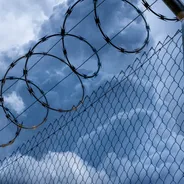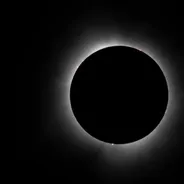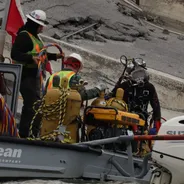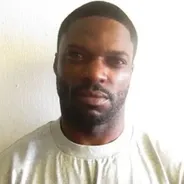On October 1, a shooter stationed in the 32nd floor of the Mandalay Bay Resort & Casino opened fire on a crowd attending an outdoor country music concert. It was the deadliest mass shooting in modern US history. 59 people were killed, and 851 people were injured. The gunman was identified as 64-year-old Stephen Paddock from Mesquite, Nevada. He was found dead in his hotel room from a self-inflicted gunshot wound. To this day, his motive is unknown.
Photos and videos taken during the massacre give us a glimpse of the horror. While we read the story and move on with our lives, the victims cannot. So, this latest development sounds pretty cruel: MGM Resorts International, who owns the Mandalay Bay hotel and the Route 91 harvest festival venue, has filed lawsuits against more than 1,000 victims of the Las Vegas mass shooting.
MGM Resorts International is not seeking money with their lawsuits. They are seeking to avoid liability for any deaths, injuries or damages caused during the attack. They want to take the case to federal court, and dismiss all the claims made against MGM parties.
According to MGM, their security vendor was certified by the Department of Homeland Security for "protecting against and responding to acts of mass injury and destruction." Since MGM hired the security firm, they argue they are protected from liability under a 2002 federal act.
That act, passed about a year after the September 11, 2001 attacks, intentionally includes broad protections. As such, terrorism is defined as any unlawful act inside the United States that causes "mass destruction, injury or other loss." However, the FBI defines terrorism as being associated with extremist ideologies of a political, religious, social, racial or environmental nature. Since Stephen Paddock's motive is not known, they have not called his rampage a terrorist attack.
Debra DeShong, a spokesperson for MGM issued a sympathetic statement: "The Federal Court is an appropriate venue for these cases and provides those affected with the opportunity for a timely resolution. Years of drawn out litigation and hearings are not in the best interest of victims, the community and those still healing."
Robert Eglet, an attorney representing several of the shooting victims, called MGM's actions a "blatant display of judge shopping" that "quite frankly verges on unethical." "I've never seen a more outrageous thing, where they sue the victims in an effort to find a judge they like," he told the Las Vegas Review-Journal. "It's just really sad that they would stoop to this level."
22,000 people attended the country music concert at the Route 91 Harvest Festival. Sitting in his hotel suite, Paddock set up 23 weapons, and fired over 1,000 rounds. The attack lasted ten minutes, but the ramifications echo forever - as the dead are mourned, the injured and the traumatized struggle to recover, and the company who owns the venue and the hotel tries to avoid liability.












